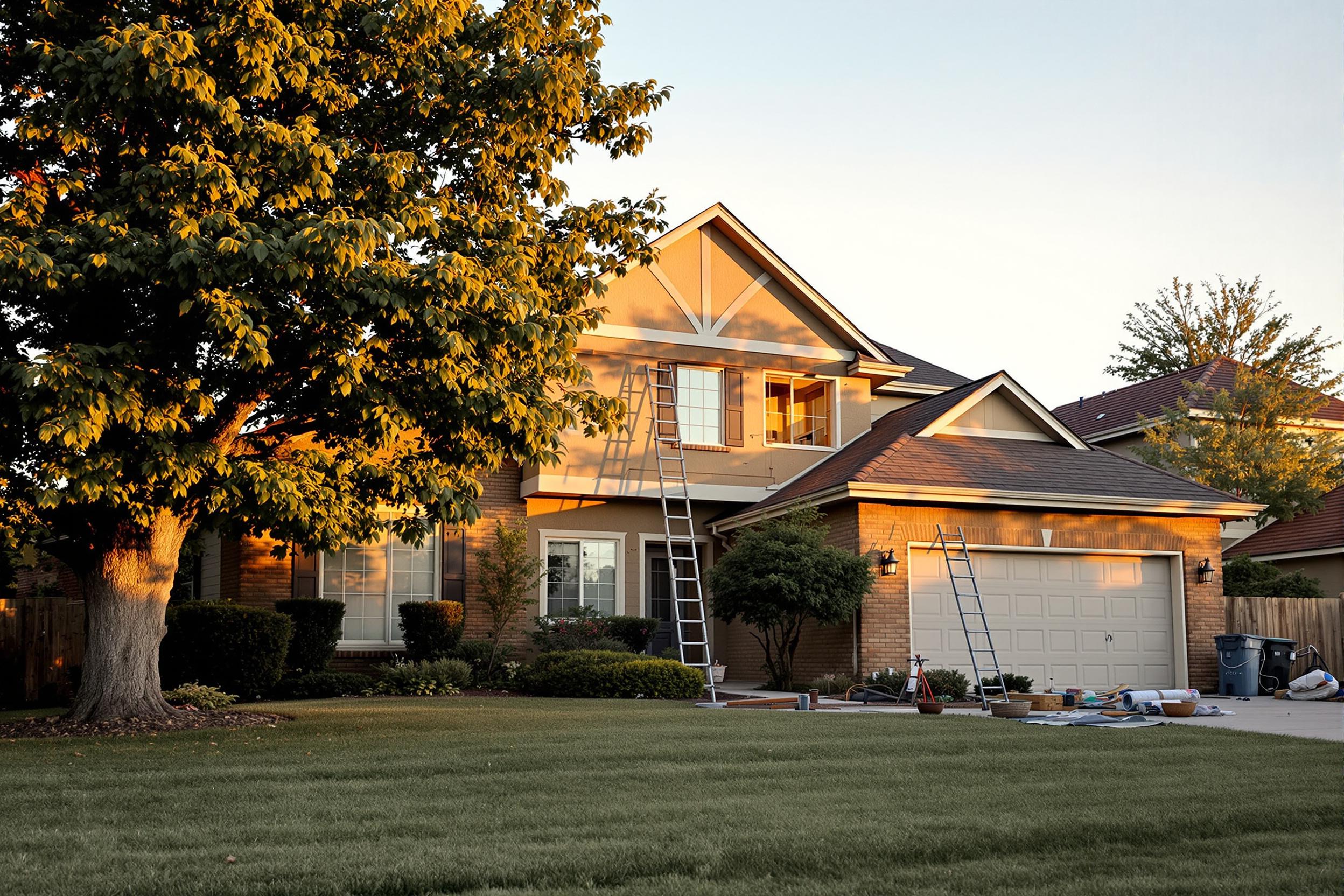The demand for rental properties is high in major Wisconsin cities like Madison, Milwaukee, and Green Bay. Such is the demand that some renters are having difficulty finding units. In addition, ever-rising rent prices make Wisconsin an ideal state for real estate investments.
But what happens when the source of your rental income is threatened or damaged? Wisconsin is prone to natural disasters like winter storms, tornadoes, floods, landslides, and even wildfires.
This is where landlord coverage comes in—to help protect your real estate investment against some of these perils. Although insurance policies offer landlords such protection, coverage and costs will differ depending on the insurer and state.
This article provides you with everything you need to know about landlord insurance in Wisconsin.
What Landlords Should Know About Insurance in Wisconsin
Landlord insurance for rental property owners is not mandatory in Wisconsin, but that doesn't mean you should forego it. As stated above, Wisconsin has a high risk of experiencing some natural disasters. Additionally, the rate of property crimes has increased, albeit by a small percentage.
Unfortunately, all it takes is one unusual storm and your property could be severely damaged. Or a tenant sustains personal injury from a fall. Situations like these could leave you with major expenses.
As you shop for landlord insurance in the state, be aware of what is covered and the costs.
Available Landlord Insurance Coverages in Wisconsin
Insurance companies in Wisconsin might have varying landlord policies. These will vary in terms of what is covered and costs. However, there are basic perils you should ensure are included in your policy for maximum protection of your investment.
Property coverage
This coverage protects your building's primary and additional structures against fire, vehicle damage, lightning, smoke, windstorms, and hailstorms, among others. Although many insurers do not include coverage for personal property, it can usually be added upon request at an extra fee. This addition is important for landlords providing furnished properties.
Loss of use coverage
This coverage compensates you for any lost rental income due to a covered event. It is only available when property damage forces tenants to move out for renovations and repairs. During this period, the insurance company will reimburse you the rental income you would receive if the tenant were still occupying the property and paying rent.
Liability coverage
General liability coverage protects landlords against liability charges from lawsuits and claims. It covers medical costs, legal fees, and other costs that could come about from such situations.
For instance, if a tenant or another party is injured on your property and you were negligent in maintaining the property, you could be liable for damages. Again, the liability coverage in your landlord policy comes to your rescue. It covers your legal costs plus any medical costs and other necessary payments you have to make to the injured party, up to your policy's limit.
Riders
Insurance companies usually exclude some perils, like floods, earth movements, power failure, ordinances, or laws. However, you can add coverage for some of these events to your primary landlord policy.
For instance, flooding is not unheard of in Wisconsin. Without a rider for flood coverage, you are exposed to financial damages if the property were flooded. While riders come at an extra cost, it might well be worth the small additional expense compared to the financial burden you would face if you were uninsured.

How Much Does Landlord Insurance in Wisconsin Cost?
The cost of landlord insurance coverage in Wisconsin averages about $1,100. While this is the average rate in the state, your specific figure can vary significantly. Factors affecting the price of a Wisconsin landlord insurance policy include:
Location
The location of your property plays a significant role in setting your policy's premiums. For instance, the insurer will consider whether there are high crime rates in the area. These expose the property to increased risks of vandalism and burglary.
Additionally, insurance companies consider the risk of damage from natural disasters, like tornadoes and earthquakes. The more exposed the property is to these risks, the higher the premium rates.
Size
The larger the property, the more the insurance costs. That's because houses with more square footage will generally cost more to repair than smaller homes.
Age and Condition
The age and condition of the rental property affects the price of a landlord insurance policy in Wisconsin because these are factors that insurers use to assess risk. If the property is newly built or has updated plumbing, electrical and roofing, it may be less likely to experience a loss, and therefore the policy will be less expensive. However, if the property is older and in poor condition, it could be more likely to experience a loss, and the policy will be more expensive.
Coverage
There are different landlord policies, each protecting against specific events. The cost of your landlord insurance will depend largely on the policy you settle for. For example, one type of landlord policy, known as the DP1 policy, is the most basic and more affordable. However, it only provides coverage against a limited number of named perils (or causes of loss) and may not include liability coverage. On the other hand, another type of landlord policy known as the DP3 policy, is an open-peril policy, covers more, and is more expensive.
Deductible
How much are you willing to pay out of pocket if there is a claim? The more you are willing to pay in cash upfront for a deductible, the lower the cost of your insurance premium. However, a higher deductible could leave you in financial difficulty if the damage is significant because you have to pay more for damages.
How to Find the Best Landlord Insurance Policy for Your Needs in Wisconsin
There are a few different ways to find landlord insurance in Wisconsin. You can contact your local insurance agent, search online, or work with an insurance broker.
You can also use Obie to get simple, affordable, and transparent coverage for your property. Obie makes it easy to get quotes and purchase landlord insurance online, so you can protect your rental property quickly and easily.
Obie provides insurance coverage for landlords in all 50 states and has insured more than $4 billion in property to date.
Getting started with Obie is easy. First, go to the website and enter your property address to receive an instant quote. Then, you can choose the coverage that best suits your needs and budget. Visit Obie's website now to get started.







